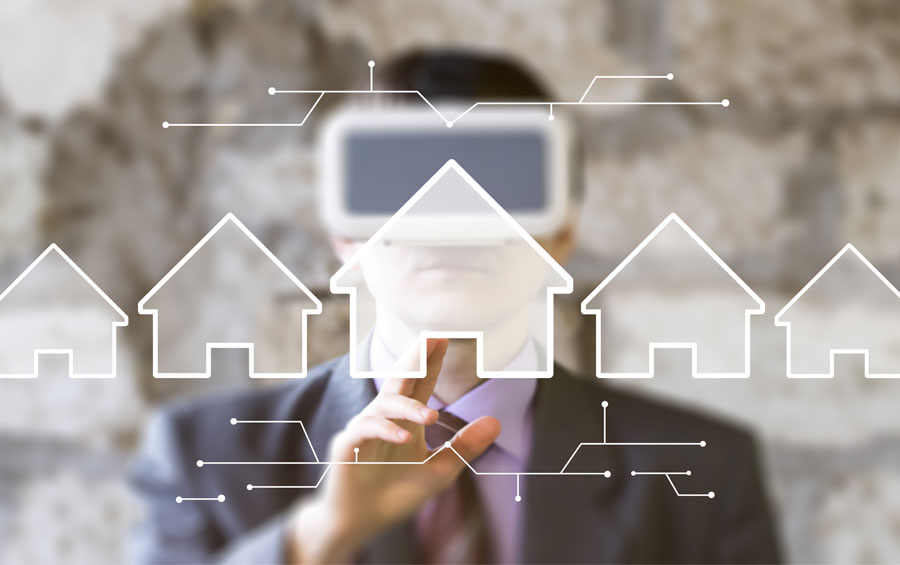More than a month has quietly elapsed while we stay cocooned in our homes during a first-of-its-kind lockdown across the country and most of the world. We are living in an unprecedented time where social fabrics have drastically changed, businesses saw a complete overhaul and lifestyles graduated to a new normal.
The pandemic has suddenly upended the existing world order, be it financial or economic. The traditional analog world has been annihilated, with physical businesses like real estate, hospitality and retail facing major headwinds in the wake of this contagion spread.
But all is not lost here. We are still surviving through this pandemic with technology at the helm. Technology has been a saving grace for millions of businesses, extenuating the repercussions triggered by an invisible enemy and heralding a new resurgence for a brighter future.
And real estate is no exception in this. It has harnessed the potential of technology and come up with solutions to keep the ball rolling. For the record, the realty sector wasn’t completely foreign to technology. It used tech only in bits-and-pieces, related to matters of planning and design. But unfortunately, it didn’t see the need to delve deep and inculcate the white-hot, next-gen paradigms of this wonder, that could drive sales and customer interactions at the start-to-finish level.
Real estate played truant with technology for long, even when the sector was going through a slate of reforms that slowed down the property sector for a short period. Today, in a contactless world, digitization is the last straw of hope for real estate to survive the impending doom.
From offering 3D walkthroughs and virtual property tours to enabling digital transaction tools and digital signatures, the real estate sector made a giant leap. Changes that industry stalwarts had pegged for a distant future have happened overnight. From a time when physical property visits were indispensable for inking a deal, to the present where home seekers are betting on immersive virtual tours to buy their dream homes, we have awakened to a new reality.
What’s surprising is that home seekers had no inhibitions on transiting to a new home buying platform, given the fact that e-commerce has been steering customer behaviour towards online sales for quite a bit.
Tech-savvy buyers raised a toast to this novel move by the real estate strata. It’s not just electrical appliances or furniture that people are Buying Property Online. It’s property that people would stay in, an investment which entails dropping savings of a lifetime, that they are gunning for. So, it’s a huge decision. The ease, transparency and discipline brought about by digital real estate transactions have rubbed off well on home buyers. And this has benefitted the real estate sector big time.
Square Yards, India’s largest brokerage, sold 1000 homes within a span of 30 days through its state-of-the-art digital real estate platform. The company was taken aback by the surge of home queries on its online forum and pleased with the response from home buyers during such difficult times.
Using virtual tours and 3D walkthroughs, where homebuyers mapped every inch of a property from their smartphones and laptops; and with its post-sales process where everything, right from real-time inventory blocking to payment gateways to signatures had a digital stamp, Square Yards had a robust month.
The evolution of consciousness in the real estate sector that technology has the power to transform its cores and there is no turning back from this will be evident in the coming future as this trend will continue even after lockdown. Since customers have had a taste of this magic, they will wish to see the digital experience of home buying to be more enhanced and smoother. Physical real estate business will take a retreat in the long run and the sector will echo the expectations of homebuyers, which is digital.





